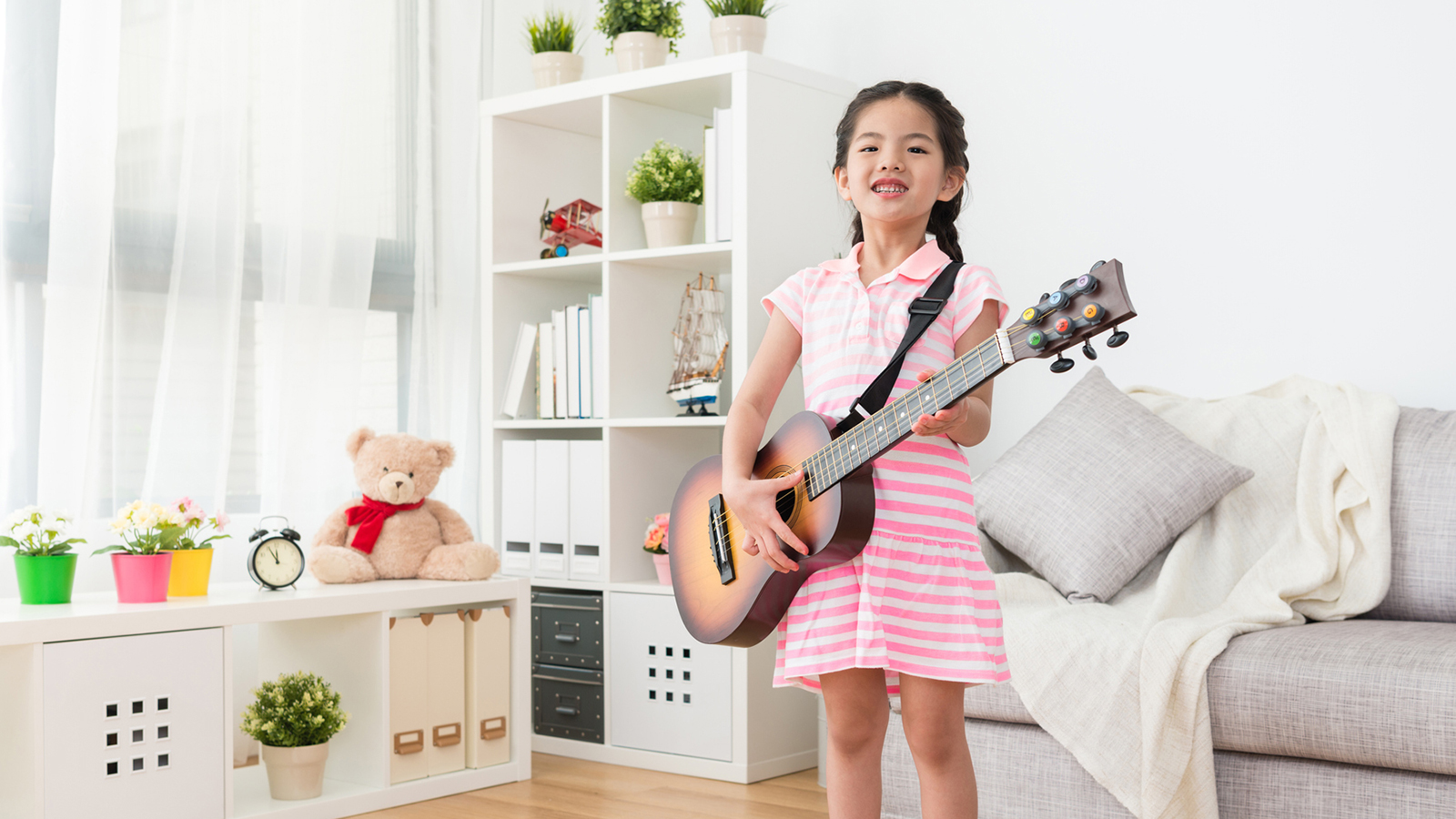The most important foundation for any growing child is to feel loved and cared for by their family. Love forms the basis of positive relationships and many decades of research shows that love and care, especially in the early years, positively shapes a child’s development.
Emotional resilience is one of the biggest issues affecting young people today. Research from The Black Dog Institute found that mental illnesses (such as anxiety and depression) are on the rise among young Australians, affecting one in four kids.
This means teaching our kids the skill of self-love is more important than ever.
When children feel emotionally supported at a young age, they’ll take that healthy sense of self into adulthood. Here are some ways you can help your child build a positive and strong sense of self-worth.
Go from strength to strength
Help your kids adopt a positive attitude about life by focusing them on their strengths. If they take failure or mistakes to heart, it can create a “negative attention bias”.
Focusing on their efforts and achievements, even when they don’t succeed, can help them better deal with failure. Explain the lessons they gained from having tried and how fantastic their efforts were.
Be the behaviour you want to see
Children learn how to behave in the world by mimicking their parents and the behaviours they observe shape their outlook on life as adults.
Parents can foster positive “self-talk” in their kids by openly acknowledging their own successes and strengths. Demonstrating resilient and kind behaviours can also help kids learn skills, like working through a challenging task without getting upset, or using humour and reflection when things don’t turn out as they had hoped.
Learn more about children’s health and wellbeing by viewing the “Little People Big Lives Report” from Sanitarium and the University of Notre Dame at sanitarium.com.au/biglives.
Tips for building emotional resilience
Laugh time. There’s nothing better than love and laughs with your kids. Consider a connection that can be unique to each child—a secret handshake, extra big bear hug or daily joke to bring on the good feelings. Try something special you can enjoy together on a daily basis.
One-on-one time. Busy and growing families make it tricky to spend time with kids individually. Try organising a “date night” with each one, or squeeze in extra one-on-one time by staggering bedtime routines for each child by 15 or 30 minutes.
Story time. Playing, singing and sharing stories provides the best conditions for kids to live and learn. Foster their creativity and self-worth with daily sharing, where they can tell you about their day by creating a dance, song or story.







